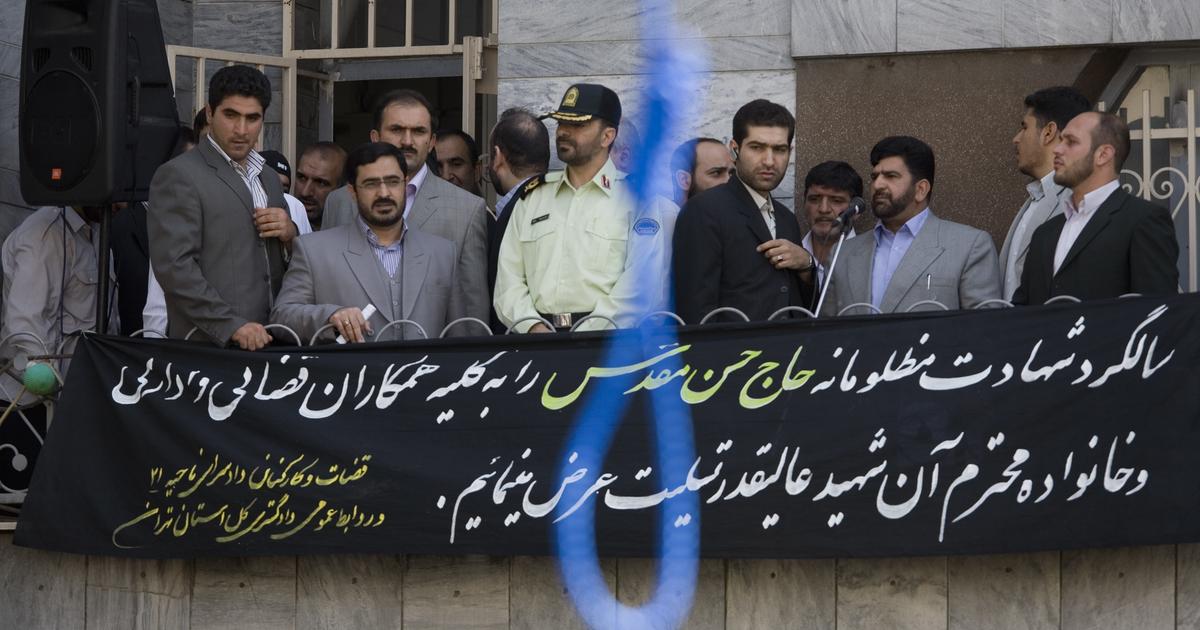The death of the Oman ruler, the Sultan of Kabos, happened at the worst time for the Middle East. Kavos, 79, was the oldest ruler in the Arab world: he came to power in a courtyard, which he organized against his father, in 1970. Since then, for half a century, he has played a moderating role in the Middle East rife with wars, conflicts, conflicts and tensions. The geographical location of Oman, at the mouth of the Hormuz Straits, close to Yemen, Saudi Arabia and across the Gulf to Iran - gives this country great strategic importance, and many factors have greedily stared at this country. The composition of the population - about a third of its residents are foreign, not a few of its Shi'ite citizens - adds to the potential explosion of the sultans. For five decades, Cabos has survived in the turbulent waters of our region through the weaving of a complex but balanced network with rival elements in the region and maintaining the spirit of moderate Islam, in line with the tradition of the Ibadian current that governs Oman.
Cabos' Oman was one of the first Arab states to make ties with Israel, back in the 1970s. Twenty years later, after the signing of the Oslo Accords, a formal Israeli diplomatic mission was opened in its capital, which closed with the outbreak of the second intifada. In October 2018, Kabos, whose health was already shaky, hosted Prime Minister Netanyahu's official visit to his palace as a sign of the beginning of a new era in relations between the Arab Gulf states and Israel. Kavos took on this meeting a very big risk, as it was held in the shadow of the growing US-Iran conflict. The Sultan is considered one of the Sunni Arab leaders, who have succeeded in developing a good relationship with the Ayatollah regime in Tehran. He hosted the secret negotiations between the Iranians and Obama administration representatives on his way to the nuclear agreement. But as the dance artist between the drops, Cabos realized that in the Trump era, it is better to go back and bet on the Israeli card - while keeping open media channels to Iran.
Cabos's death comes at a critical hour in the Middle East, at a time when his diplomatic skills and political and personal ties could play a role in preventing escalation, and even war. What's more: Cabos left no children behind, and this could result in inheritance battles - which might be avoided with the reins transfer to his cousin - Hytham Inter-Tarik, who previously held senior positions in the Omani Foreign Ministry and served as Cabos' personal envoy.
Oman, who was one of the most stable countries in the Middle East, could under some circumstances become a new center of tension, with many factors trying to stir her business. Neighboring Yemen from the East is torn by a terrible civil war; Neighboring Saudi Arabia to the north is undergoing a historic internal turmoil under the tutelage of Crown Prince Muhammad bin Salman; Slavic elements have expanded their influence over the Sunnis over the past decade; Iran rebel against Shiite minorities in the Arabian Peninsula; And above all, there is a danger of regional war with Iran.
With the death of Cabos, the Middle East of old also died. A talented heir can help advance the Arabian Peninsula and accelerate normalization with Israel. But if Oman fails to maintain Cabos' legacy, it could also curb positive developments in the region and intensify conflicts. The new Sultan pledged to continue Cabos' policies. Hopefully he will succeed.
Death of the Old Middle East
2020-01-11T20:41:14.520Z

Eldad Beck








